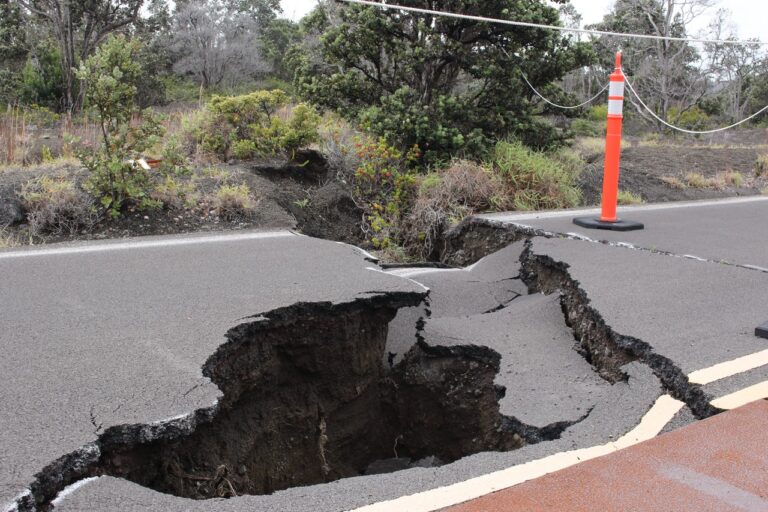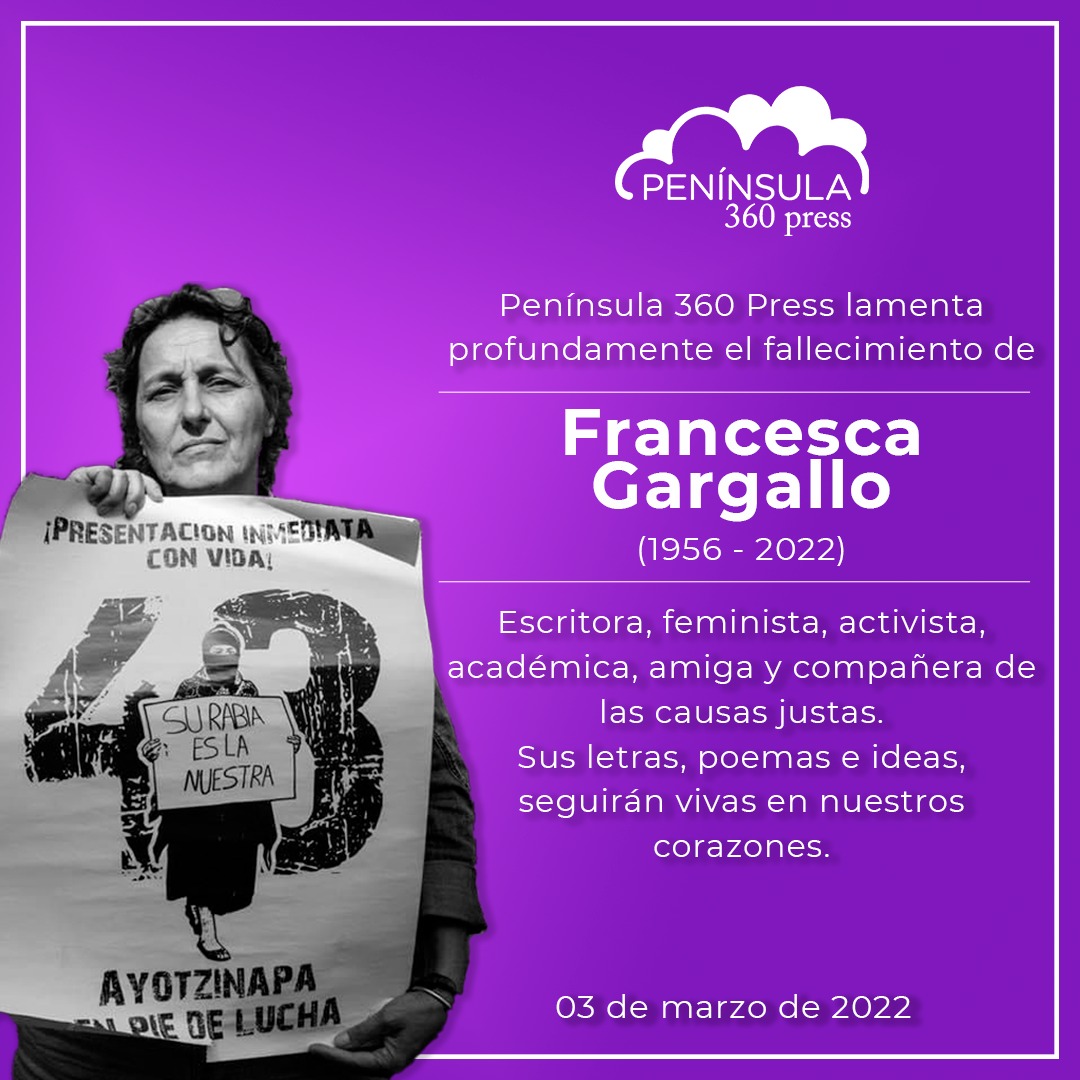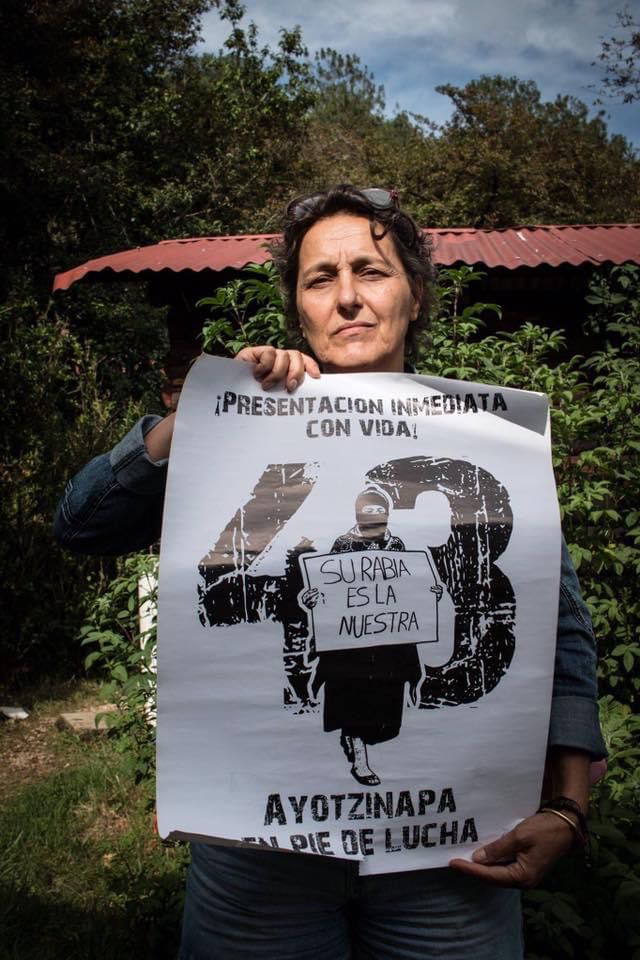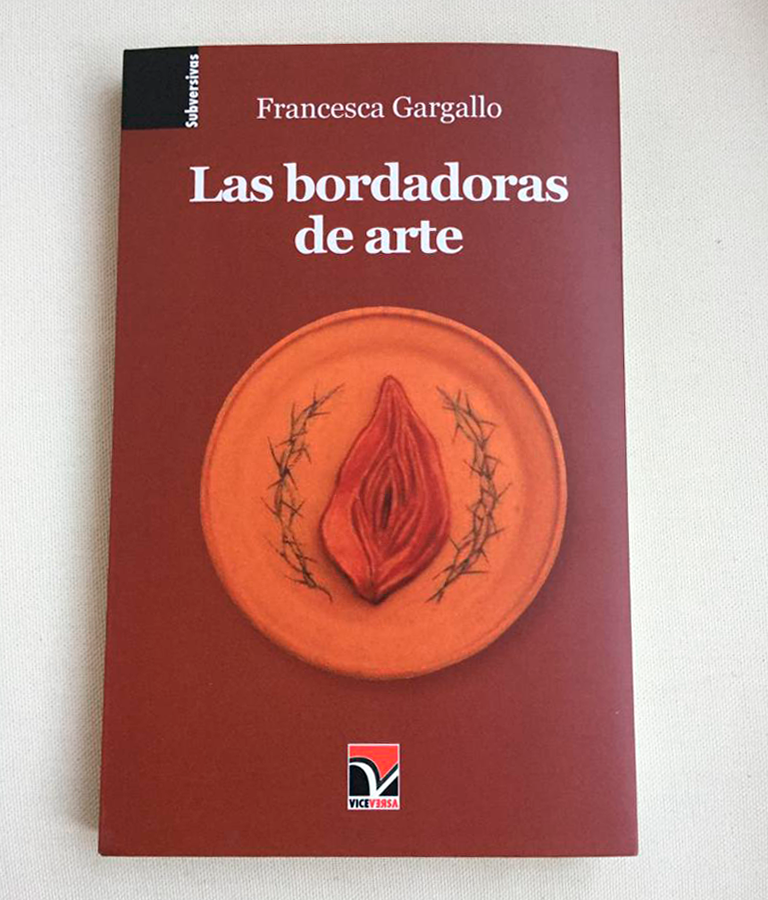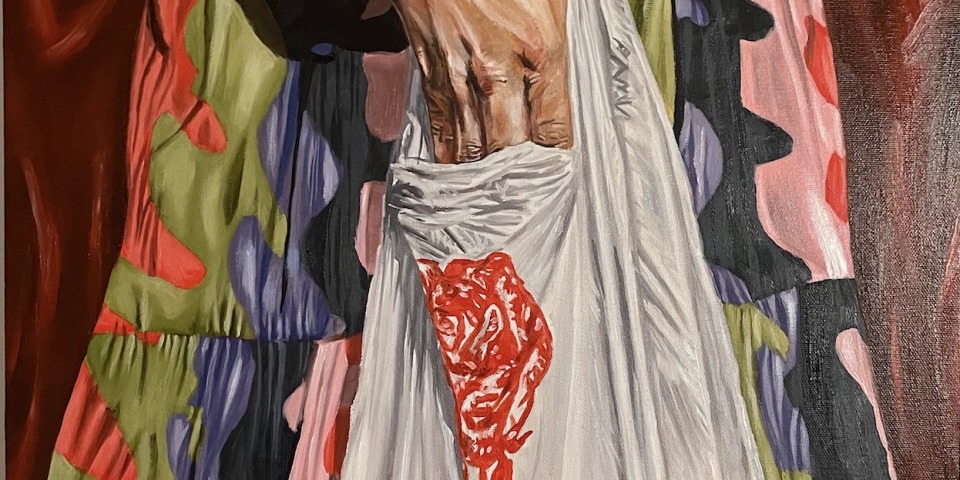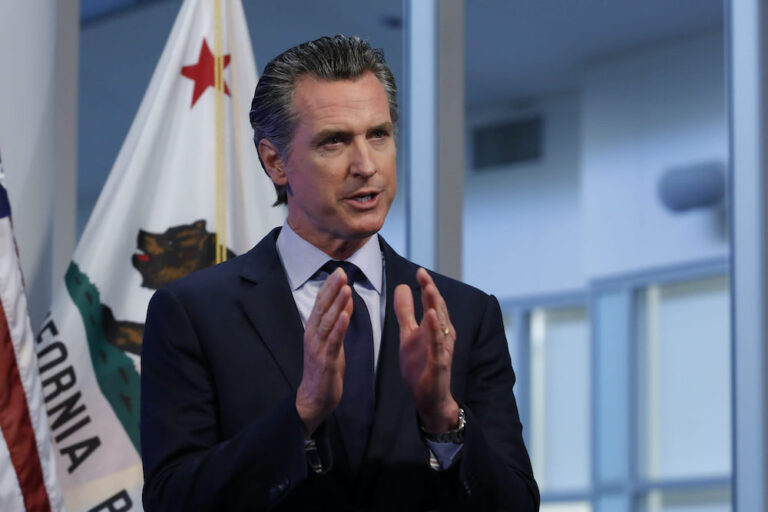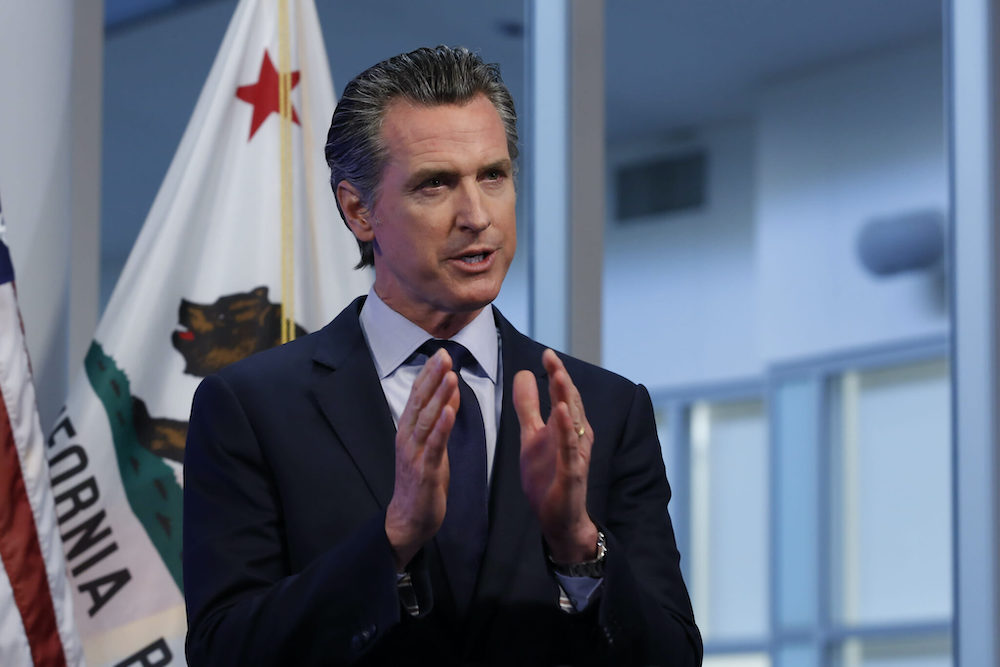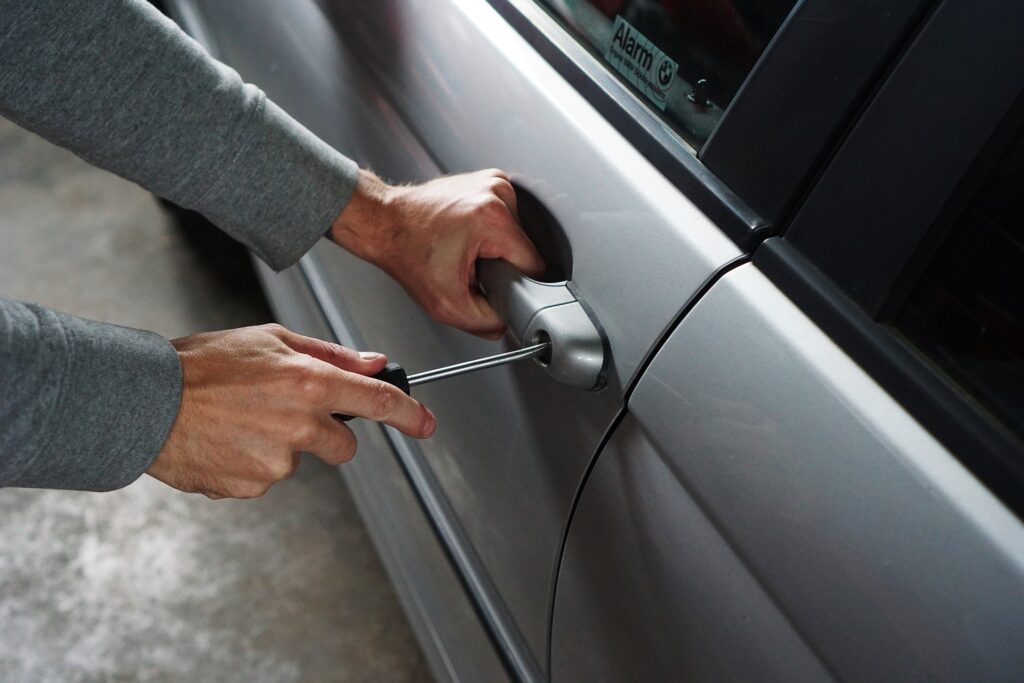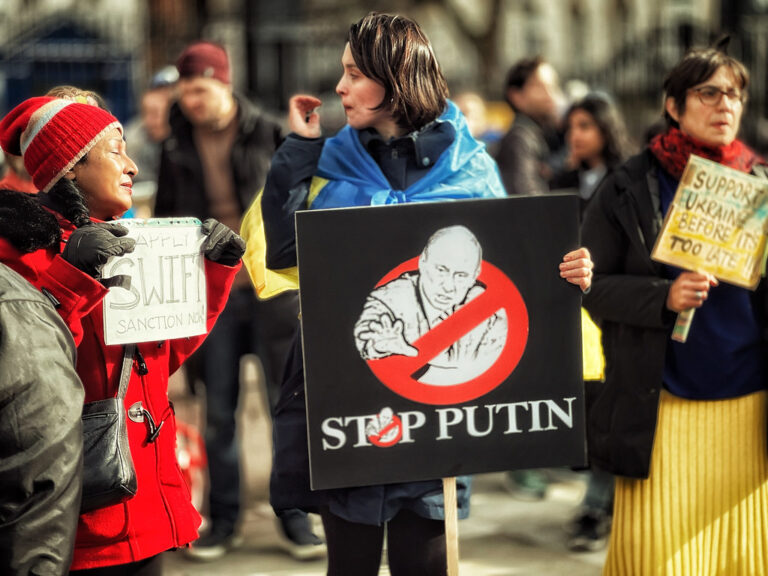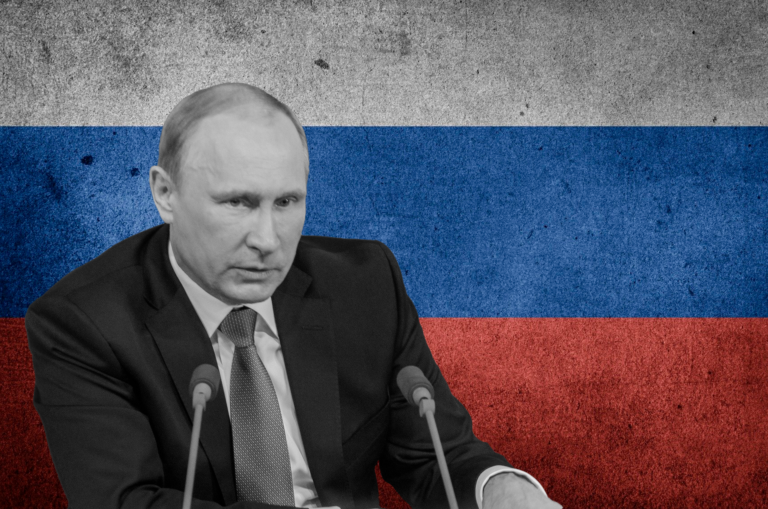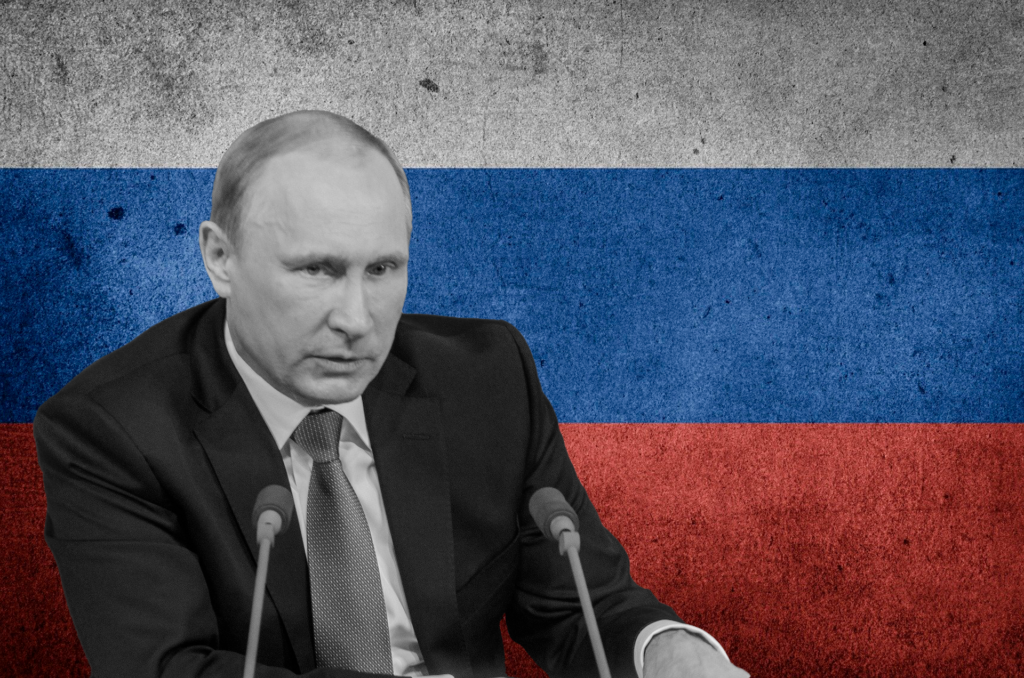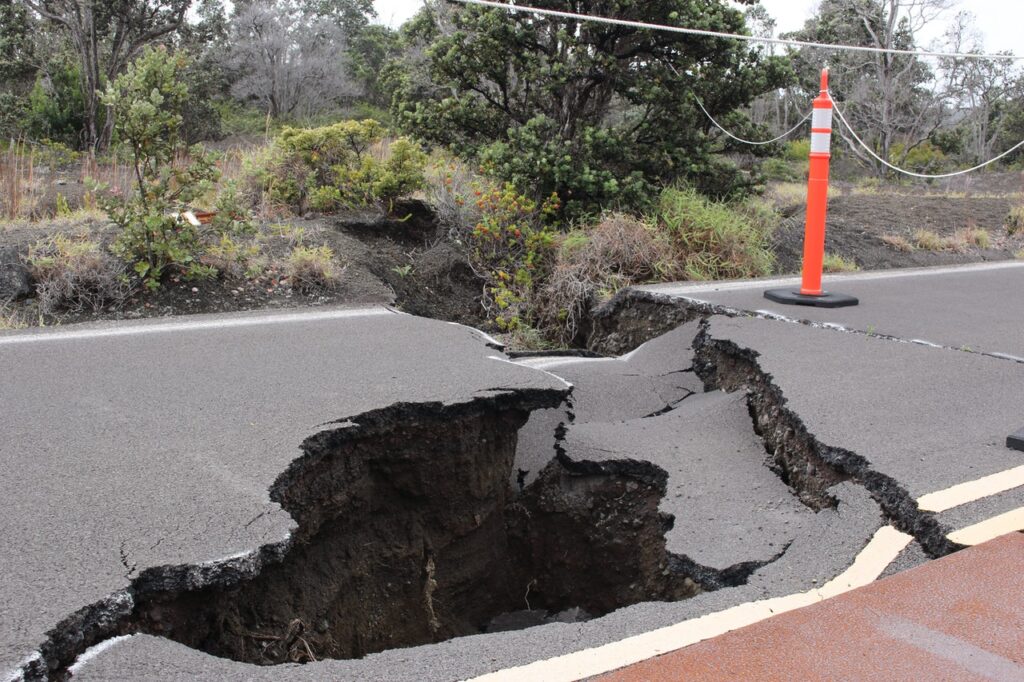
Utilizando las montañas de Santa Cruz como laboratorio natural, investigadores de la Universidad de Stanford han construido un modelo tectónico 3D que aclara por primera vez el vínculo entre los terremotos y la formación de montañas a lo largo de la falla de San Andrés, pueden usarse para mejorar los mapas de riesgo sísmico del Área de la Bahía.
La investigación, publicada en Science Advances el 25 de febrero, revela que se forman más montañas en el periodo entre grandes terremotos a lo largo de la falla de San Andrés, en lugar de durante los propios movimientos sísmicos.
«Este proyecto se centró en vincular los movimientos del suelo asociados con los terremotos con el levantamiento de las cadenas montañosas durante millones de años para pintar una imagen completa de cómo podría ser realmente el peligro en el Área de la Bahía», dijo el autor principal del estudio, Curtis Baden, estudiante del doctorado en ciencias geológicas de la Escuela de Ciencias de la Tierra, Energía y Medio Ambiente de la Universidad de Stanford.
Los geólogos estiman que las montañas de Santa Cruz comenzaron a elevarse desde el nivel del mar hace unos cuatro millones de años, y se formaron como resultado de la compresión alrededor de una curva en la falla de San Andrés.
Dicha falla marca el límite entre la Placa del Pacífico y la Placa de América del Norte, que se desplazan horizontalmente en un movimiento de deslizamiento.
Y es que las Montañas de Santa Cruz definen la geografía del Área de la Bahía al sur de San Francisco, protegiendo la península de la capa marina fría del Océano Pacífico y formando los notorios microclimas de la región.
El rango también representa los peligros de vivir en Silicon Valley: terremotos a lo largo de la falla de San Andreas, por lo que es necesario mejorar los mapas de riesgo sísmico.
En ráfagas que duran de segundos a minutos, los terremotos han movido la superficie de la región metros a la vez, pero los investigadores nunca han podido reconciliar la liberación rápida del estrés de la Tierra y la flexión de la corteza terrestre durante años con la formación de cadenas montañosas durante millones de años.
Ahora, al combinar datos geológicos, geofísicos, geoquímicos y satelitales, los geólogos han creado un modelo tectónico 3D que resuelve estas escalas de tiempo y que podrían mejorar los mapas de riesgo sísmico.
Las mediciones de deformación (cambios en las formas de las rocas) han demostrado que la superficie de la Tierra se deforma y se estira alrededor de la falla de San Andrés durante y entre terremotos, y se comporta como una banda elástica durante segundos, años e incluso décadas.
Pero ese enfoque clásico no puede alinearse con los datos de observación geológica porque no permite que las rocas cedan o se rompan por el estrés de la deformación y el estiramiento, como lo harían eventualmente en la naturaleza, un efecto que se ha observado en las cadenas montañosas de la Tierra.
«Si tratas a la Tierra como una banda elástica y la empujas demasiado hacia adelante, vas a exceder su fuerza y ya no se comportará como un elástico, comenzará a ceder, se comenzará a romper», dijo otro de los autores principales del estudio, George Hilley , profesor de ciencias geológicas en Stanford Earth.
«Ese efecto de ruptura es común a casi todos los límites de placas, pero rara vez se aborda de una manera consistente que le permita pasar de los terremotos a los efectos a largo plazo», agregó.
Simplemente permitiendo que las rocas se rompan en su modelo, los autores del estudio han iluminado cómo los movimientos del suelo relacionados con los terremotos y los movimientos del suelo entre terremotos construyen montañas durante millones de años.
Los resultados fueron sorprendentes: si bien la comunidad de geociencias concibe los terremotos como los principales impulsores de los procesos de formación de montañas, la simulación mostró que la mayor parte del levantamiento se produjo en el período entre terremotos.
«La sabiduría convencional es que el levantamiento permanente de la roca en realidad ocurre como resultado de la inmensa fuerza del terremoto», señaló Hilley. «Esto argumenta que el terremoto en sí mismo está aliviando el estrés acumulado, hasta cierto punto».
Los autores del estudio compilaron el conjunto existente de observaciones y también recopilaron nuevos datos geoquímicos midiendo el gas helio atrapado dentro de los cristales contenidos en las rocas de las montañas para estimar qué tan rápido estas rocas salen a la superficie desde miles de pies debajo.
Luego compararon estos conjuntos de datos con las predicciones del modelo para identificar cómo los terremotos se relacionan con el levantamiento y la erosión de la cordillera.
Los científicos están trabajando actualmente en un documento complementario que detalla cómo se podrían mejorar los mapas de riesgo sísmico de amenazas utilizando este nuevo modelo.
«Ahora tenemos un camino a seguir en términos de tener un conjunto viable de mecanismos para explicar las diferencias entre las estimaciones en diferentes escalas de tiempo», explicó Hilley. «Cuanto más podamos hacer que todo encaje, más defendibles pueden ser nuestras evaluaciones de peligros».
You may be interested in: Latinos in Technology Fellowship seeks young people from Silicon Valley

